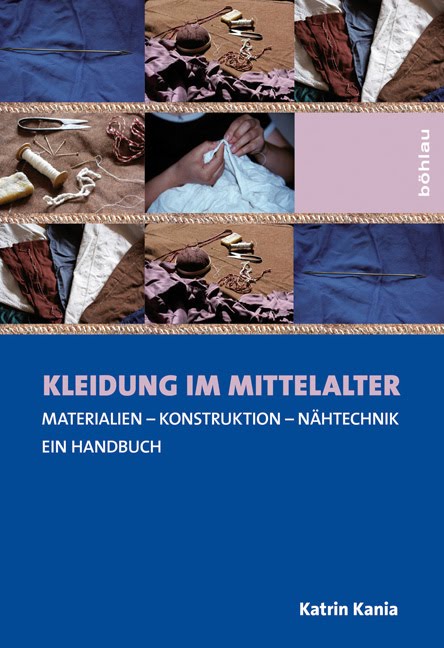I am wrestling with Excel, and it is winning. I have not yet made it to the breakthrough in R (I think I need someone to teach me R for dummies, as I am somehow shattering on the most basic things, like importing an Excel workbook with several sheets and saving that as a dataframe) but I need some quick results. Not much, mind you; not the full analysis... but at least something. Something! And I would know how to get it! But... I have made the mistake of saving the formulas in one workbook, and now I need them in another one. And due to the perverseness of my system, and that of Excel, and that of the worksheets... I get an out-of-memory error every time. No, the workarounds all do not work. Yes, I have tried them all (at least all that I could find). Arrr...
And since two people posed the same question yesterday: From what I remember of Swedish coffee (real Swedish coffee drunk in Sweden, from a cafe or a selling point for caffeinated hot drinks) they are large, they are strong (but not overly so) and they are delicious to my taste - with neither too much acidity nor too much bitterness. Not like the thing we termed "Swedish coffee" at the Forum - though of course there are different strength and quality coffee experiences to be found in any country.
German plain coffee roasts often have a tendency to be quite acidic, and the sourness is something I neither like nor can stomach well, so I am fond of the "milder" kinds of beans here, and I generally prefer the fancy coffees with lots of milk (latte macchiato, anyone?). And the coffee I tasted in the Czech Republic was not really acidic, but always quite, quite strong, plus the beans and/or roast and extraction must have been different, since it was very bitter (at least to my taste).
Your coffee-when-traveling observations are very welcome in the comments - I'd be interested to hear what experiences you have had!
Tuesday 27 November 2012
Excel Woes. And Coffee Differences.
Posted by
a stitch in time
at
08:03

 Labels:
and now for something completely different,
computer stuff,
experimental archaeology,
spinning
Labels:
and now for something completely different,
computer stuff,
experimental archaeology,
spinning
Subscribe to:
Post Comments (Atom)





2 comments:
The other great travelling comparison to make is chocolate. Watching an American or British person meeting continental chocolate for the first time is an experience!
Heather
I can readily help you with R, and you are welcome to email me, but I don't use Excel so I can't help with that particular bit, except to say that the most reliable way is to save each worksheet as csv and import it with read.table(). There are fancier methods too, and packages that will read Excel files directly, but I've never used them.
Post a Comment